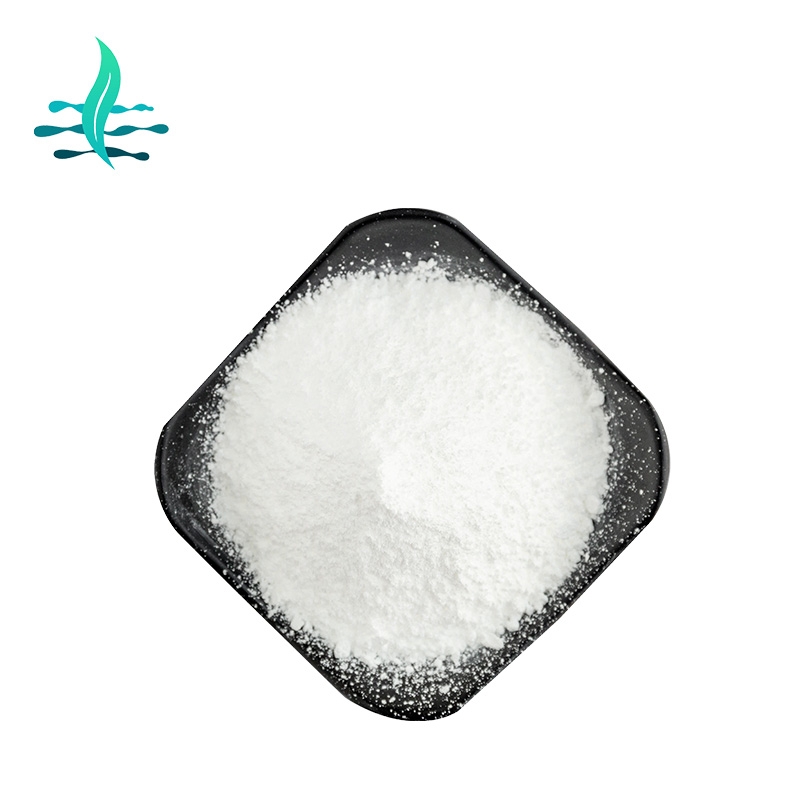-
Categories
-
Pharmaceutical Intermediates
-
Active Pharmaceutical Ingredients
-
Food Additives
- Industrial Coatings
- Agrochemicals
- Dyes and Pigments
- Surfactant
- Flavors and Fragrances
- Chemical Reagents
- Catalyst and Auxiliary
- Natural Products
- Inorganic Chemistry
-
Organic Chemistry
-
Biochemical Engineering
- Analytical Chemistry
-
Cosmetic Ingredient
- Water Treatment Chemical
-
Pharmaceutical Intermediates
Promotion
ECHEMI Mall
Wholesale
Weekly Price
Exhibition
News
-
Trade Service
AKT1, a "super" biological enzyme, can get better tumor vaccine by prolonging the life span of dendritic cells, which are the main switch of the immune system and can enhance the T cells attacking cancer cells Dr David Spencer, an associate professor of immunology at BCM, said: "by prolonging the life of dendritic cells, we can activate and promote the desired immune response In cancer patients, the response is an increase in the number of T cells The longer the dendritic cells live, the more active they are, the more factors they can get to help T cells increase, and finally T cells get the cytotoxin they need to kill cancer cells " "Dendritic cells are the main switch of the immune system, which can decide whether to take a strong immune response or a moderate immune response in the face of pathogens and tumors," he added Using sophisticated laboratory techniques, Spencer and colleagues found that AKT1 was a key factor in the survival of dendritic cells Then the team created an AKT1 that allowed the dendritic cells to survive longer and boost the immune response In order to achieve one of the effects, scientists changed the enzyme structure so that it can interact with specific parts of the plasma membrane and make AKT1 have more specific functions The team then removed the molecular structure of AKT1, which causes side effects "The results show that the changed molecules are more powerful," Spencer said His graduate student, Dongsu Park, has done a lot to create this super AKT1 Using a specific adenovirus, he and his colleagues introduced the modified super AKT1 into the dendritic cells "As expected, these dendritic cells are more powerful and live longer, both in the laboratory and in mice," Park said It removes a lot of malignant tumor cells from mice " The team found that AKT1 also works on human dendritic cells Original English: 'super' enzyme that boosts effect of tumour vessels Washington, Dec 4: researchers at Baylor College of Medicine report that a "super" form of the enzyme AKT1 could provide the key to boosting the effect of tumour vessels by extending the lives of dental cells - the immune system master switches that promote the response of the response of T-cells, which attack tumours "By keeping the dendritic cells alive longer, you extend the window of activation, promoting the desirable immune response, which in the case of cancer, is the expansion of T-cells The longer your dendritic cells are alive and active, the more likely you are to expand the appropriate T-helper repertoire and ultimately the desirable cytotoxic (cell killing) T-lymphocytes," said David Spencer, associate professor of immunology at BCM "The dendritic cells are the master switch in the immune system They decide whether there will be a robust immune response or a tempered immune response to pathogens or cancer, " he said Spencer and his colleagues found that Akt1 is essential for dendritic cell survival and so they decided to develop a more potent form of Akt1 that would enable the dendritic cells to live longer, boosting immune response To do this, they altered the enzyme so that it targeted a particular domain on the plasma membrane of the cell where signalling occurred, making the action of Akt1 more specific They then eliminated a small part of the Akt1 molecule that had a negative or inhibitory effect "It turned out that the altered molecule was much more potent," Spencer said "As predicted, these dendritic cells lived longer and were more potent, both in the laboratory and in mice, " he said "It led to the elimination of some very aggressive tumours in the mice." In the laboratory, they found that the "super" Akt1 also has a potent effect on human dendritic cells as well, although it has not been used to treat people yet The study is published in the current issue of the journal Nature Biotechnology







